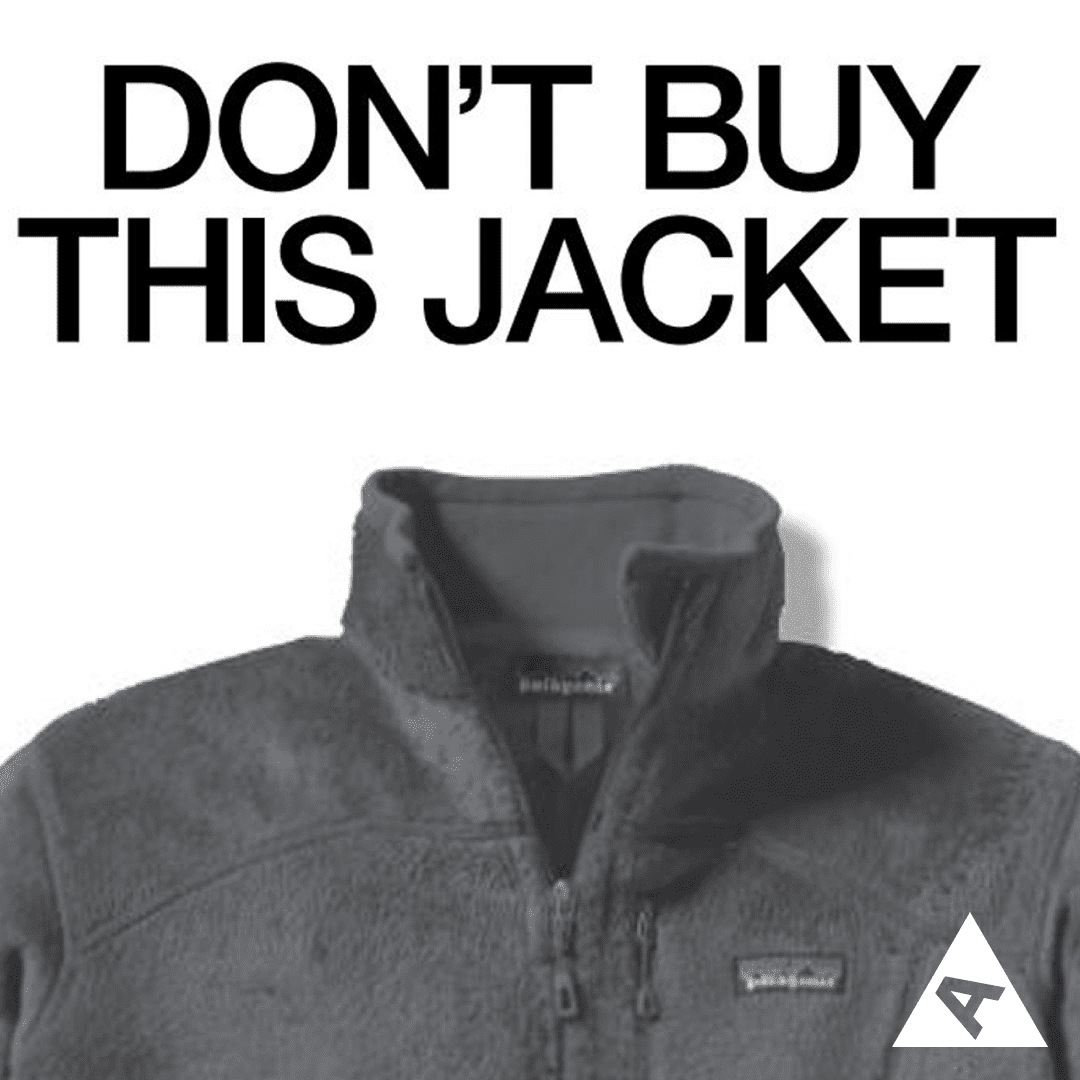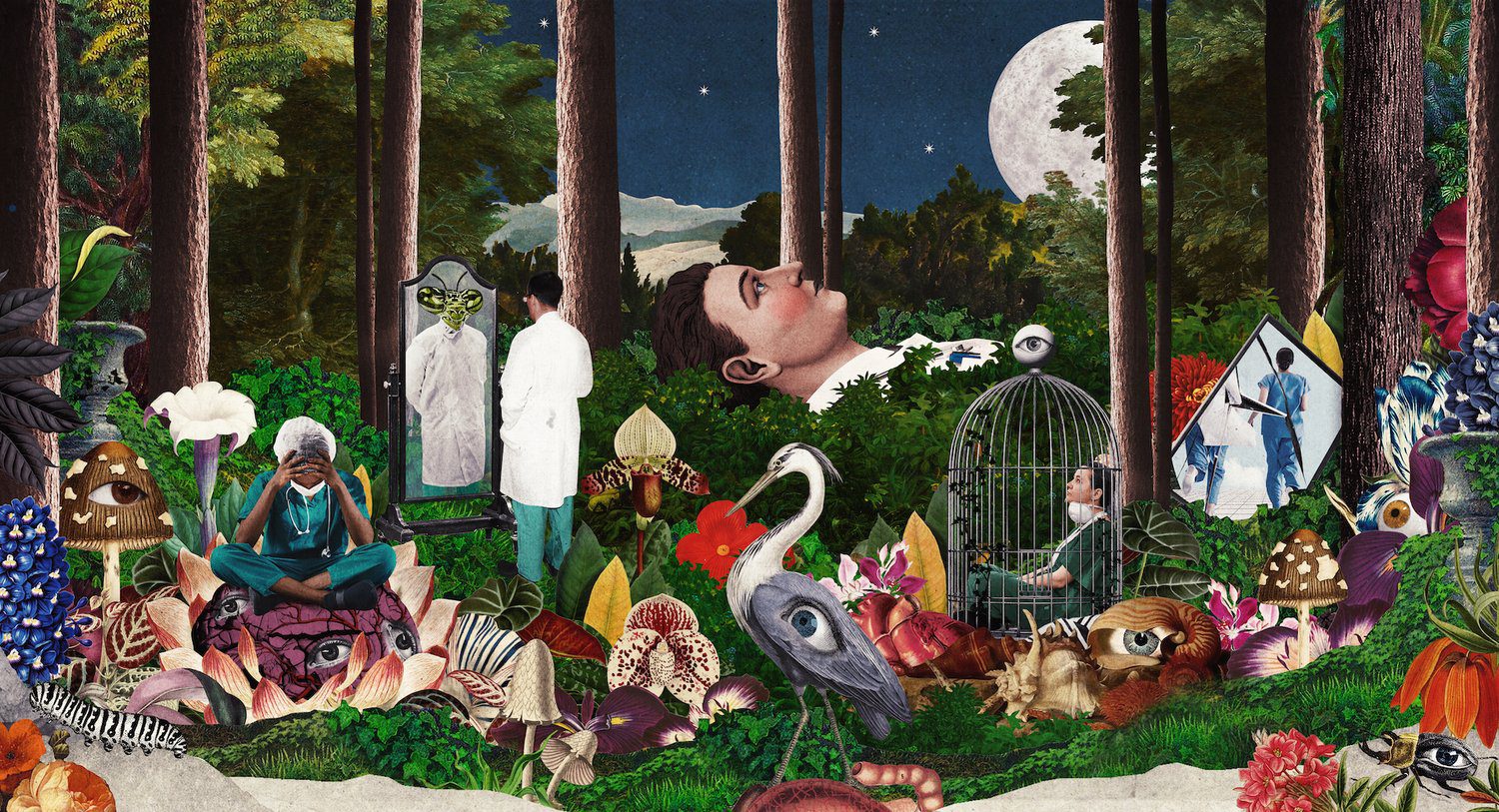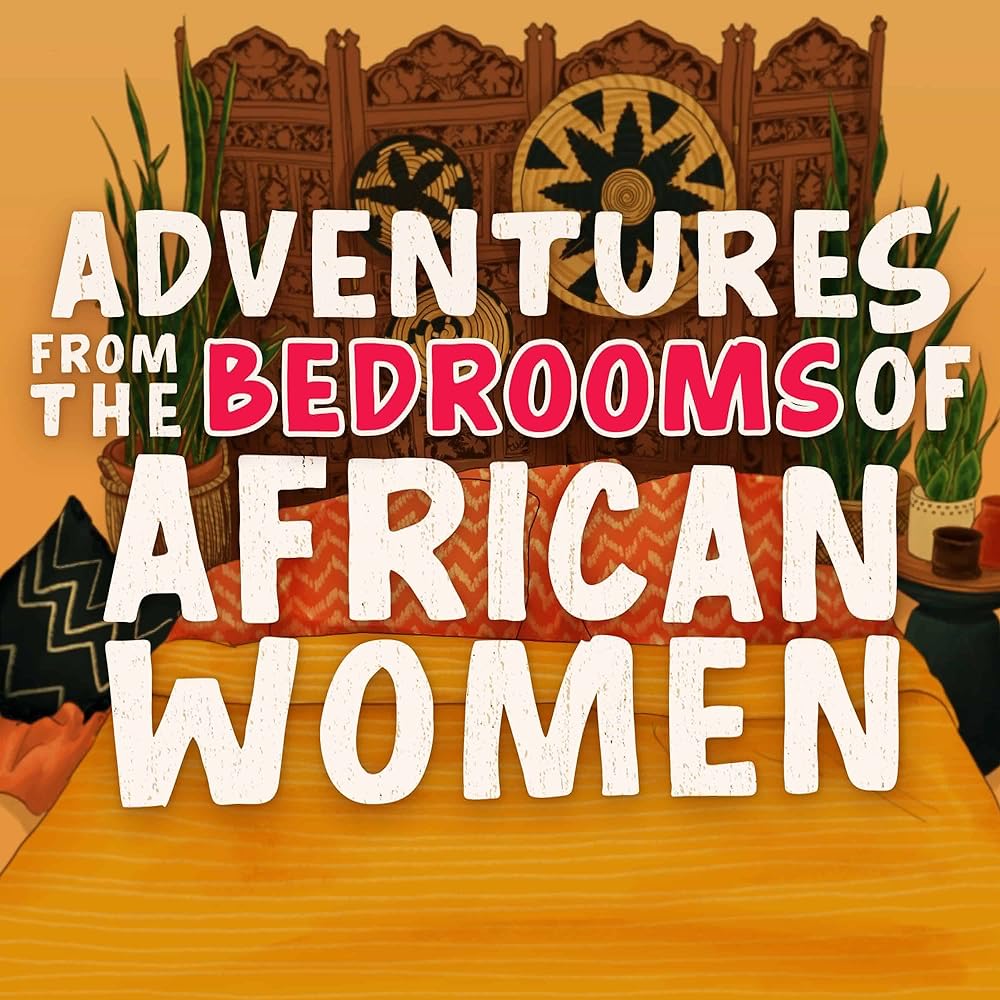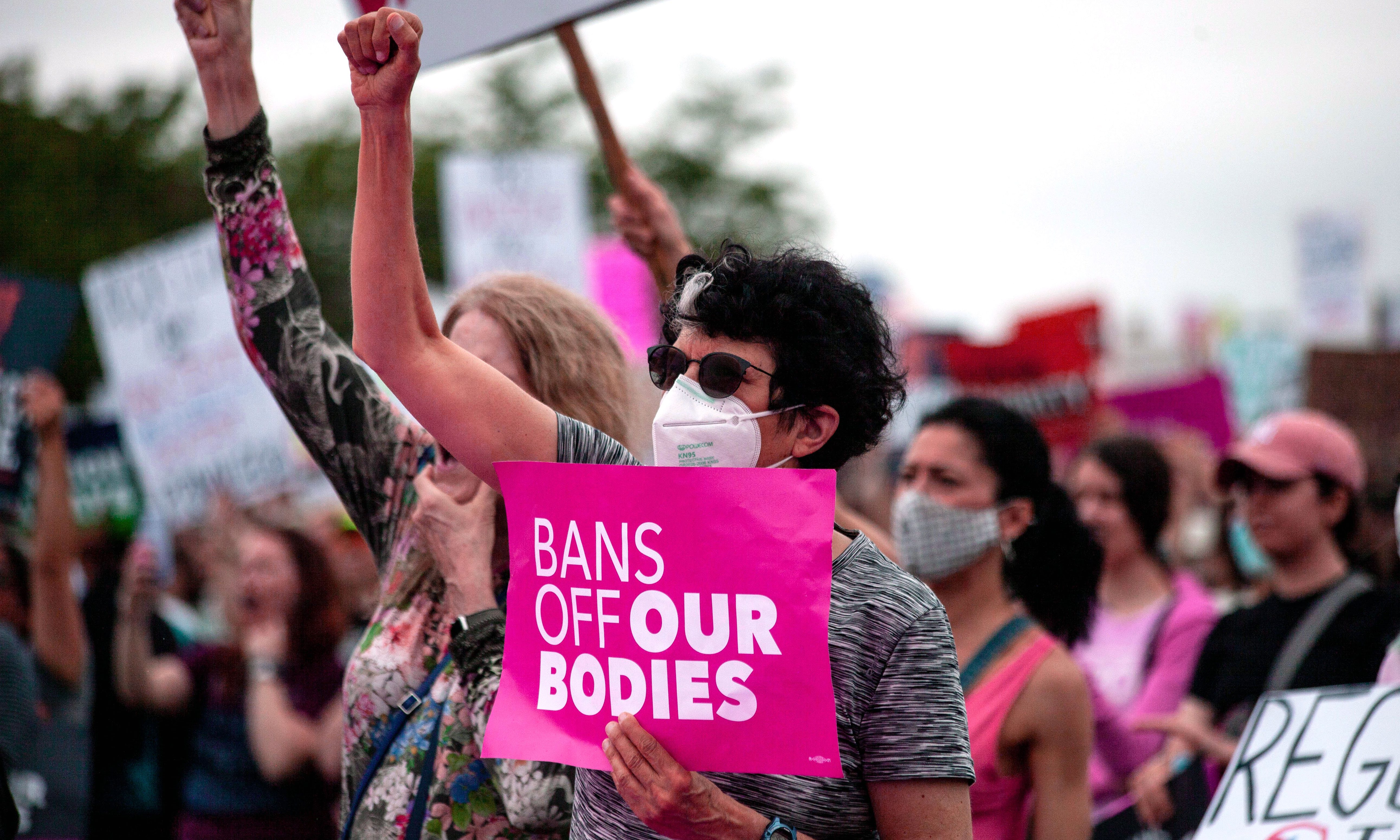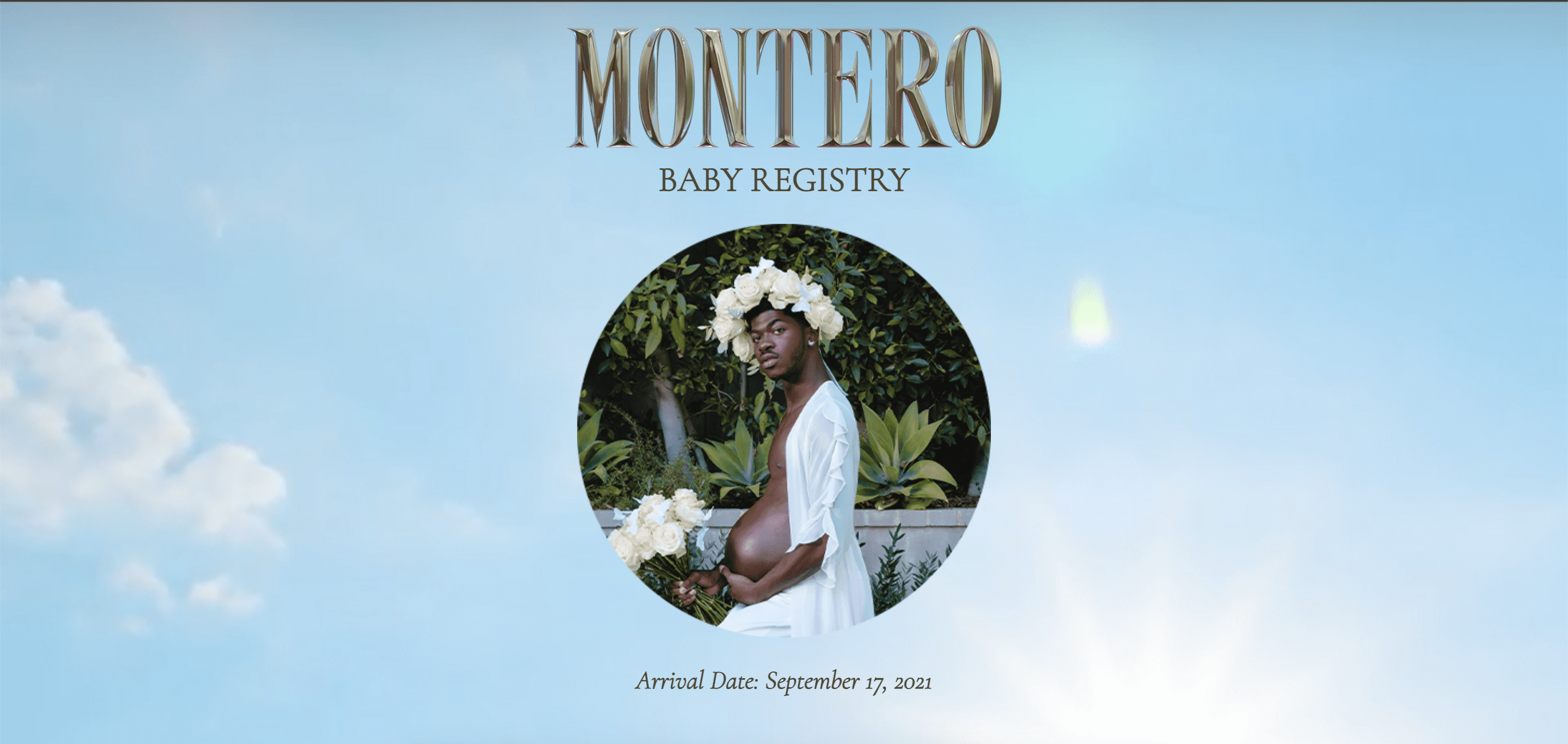The Solutions Project on Supporting Grassroots Leaders Fighting the Climate Crisis
The Solutions Project is an Anthem-winning platform that won Gold for Best Strategy in Sustainability, Environment, & Climate at the Inaugural Anthem Awards.
The platform is designed to amplify diverse voices and create initiatives to fight our current climate crisis. Through grants, media and cultural support of the community, many women of color have been able to experience empowerment and to be a part of a movement that helps dismantle practices that damage our environment.
Read our interview with CEO Gloria Walton to get the finer details on their mission, partnerships and exciting news about their upcoming projects!
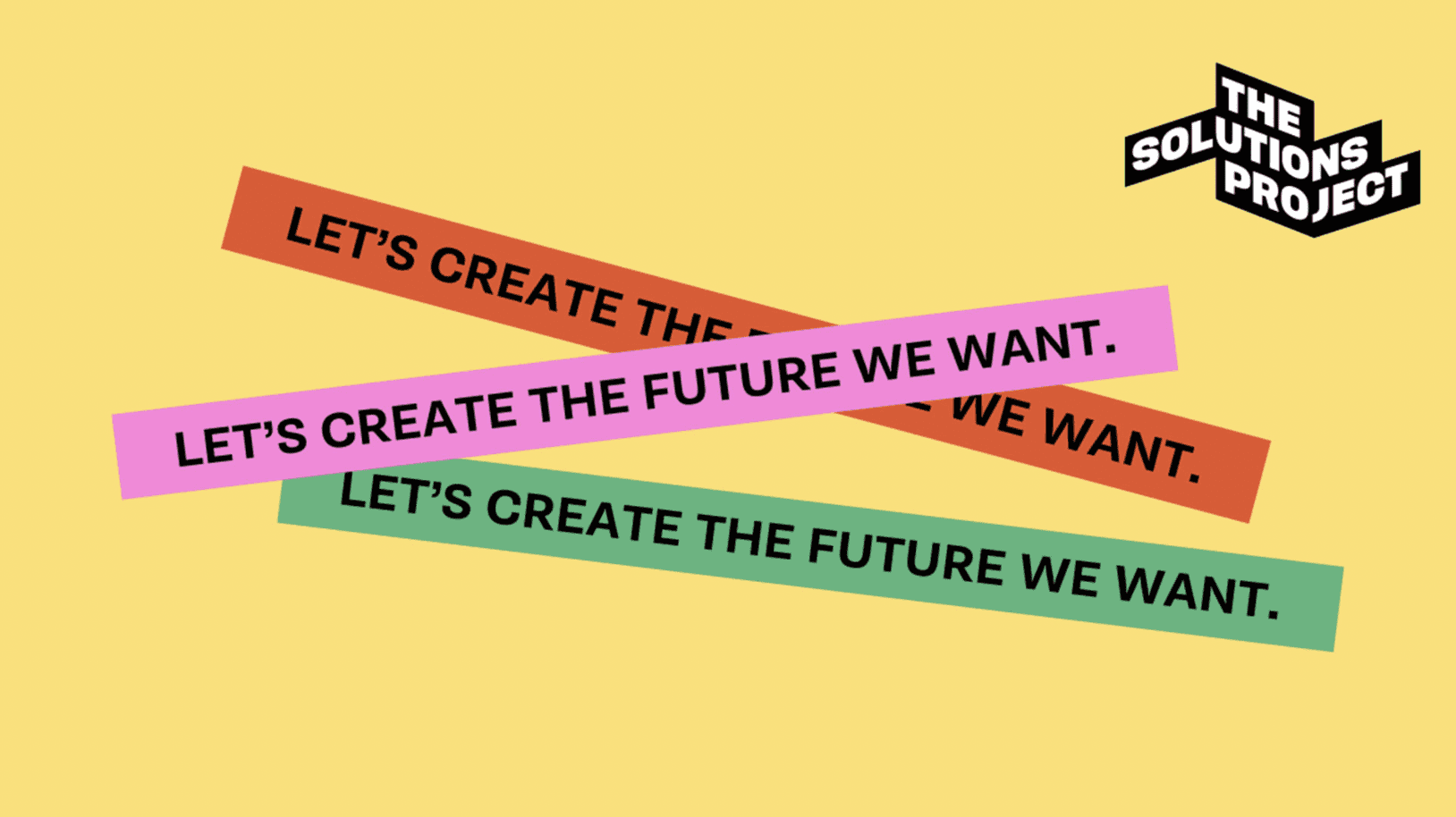
What was the impetus to founding The Solutions Project, and who is it made for?
The Solutions Project was founded in 2013 with the vision of creating a 100% clean energy future for all. Our unique grassroots grantmaking and movement narrative strategy was a leading contributor to the successful adoption of 100% with more than 1 in 3 people living in places across the U.S. now committed to a total transition to renewable sources for electricity.
In 2019, The Solutions Project made a 100% commitment to justice – directing the majority of our dollars to women of color-led grassroots organizations and communities at the frontlines of the climate crisis. We saw how grassroots organizations in communities of color led the movement of 100% clean energy from the margins to the mainstream in such a rapid timeline. Now we are scaling our support and expanding our vision for climate justice solutions across energy, water, food and much more.
We are here to fund the communities who are most impacted by the climate crisis and harmed by polluting industries. We are here to amplify and celebrate their intersectional climate solutions. They receive the least funding and media attention, yet create the most innovation and impact.
You work to fund Black, Indigenous, women and other people of color-led organizations that are tackling the climate crisis. Why is it vital to center these voices as leaders in the fight for climate justice?
While the climate crisis is one of the most urgent issues of our times, only 2% of philanthropic dollars go to the environment or climate. And within that, the best estimates are just 4% of climate philanthropy advances equity and less than 2% resources organizations led by and accountable to communities of color.
Black, Indigenous, women, immigrant, and other People of Color-led organizations have been leading the fight for environmental and climate justice, including just transition to a green or regenerative economy for decades. From stopping dangerous oil pipelines or refineries in Black and Brown neighborhoods to installing solar systems in local communities, frontline organizations are at the forefront of climate action. Their solutions create the future we all want for our families and neighborhoods — transforming vacant lots into affordable green housing, working with small farmers to build more sustainable and resilient food systems, and operating mutual aid hubs to help people get their needs met through disasters are just a few examples from the “solutionaries” we support. They are setting the standards of what a more sustainable and equitable future looks like. That’s why it’s imperative that we center their voices, amplify their work, and spotlight their solutions – so we can show the world what’s possible because it is already happening.
How have you seen your funding help transform communities?
The work continues on the ground no matter what funding comes — no community is waiting to be saved AND more resources from partners like The Solutions Project who are committed to moving in solidarity with grassroots leaders is transformative for everyone. In our new 2021 Impact Report, you can learn what we mean by solidarity and learn about our grantee partners’ incredible success. For example, Native Organizers Alliance and Utah Diné Bikéyah restored sacred sites such as Bears Ears and Chaco Canyon; the Byhalia Pipeline development that was polluting waterways in a mostly Black neighborhood was stopped; Brooklyn’s oldest Latino organization secured funding for a major wind industry development as part of a community-determined green industrialized plan; and local community members in Highland Park, MI installed dozens of solar-power street lamps after city streetlights were repossessed.
And this is just to name a few. We also co-created three innovative funds in 2021 to strengthen the capacity of frontline organizations, including Communicating Our Power, where we provide grants to 20 grantee partners to hire staff and receive training to grow their narrative and communications strategies.
You also offer media literacy and storytelling training as a resource to grantees. Can you talk more about why this is also critical to your work, and for the organizations you support?
Due to the lack of funding overall, many of the grantee partners we support are understaffed and even the most celebrated organizations aren’t resourced to have their own communications team or person. This critical function helps tell stories of what works so decision-makers in our government or in industry understand what’s possible. Storytelling and effective media also inspire people to imagine what we want and take action for the future we want to create.
When it comes to climate storytelling, the media tends to focus on the doom and gloom, or the tech stories that don’t center people. Solutions-oriented storytelling that centers equity, communities most impacted, and climate justice solutions is imperative to solving the climate crisis. The Solutions Project believes that when our grantee partners are given the opportunity to tell their stories of hope and success, it allows the public to radically reimagine what a sustainable and equitable future looks like for everyone.
You have another partnership going on with Bezos Fund. Can you tell us what that’s been like? How has it impacted The Solutions Project?
Our partnership with the Bezos Earth Fund is a first, big step in scaling our impact. Their funding helped increase our annual grantmaking five-fold, allowing us to provide multi-year grants, triple the number of grantee partners receiving narrative and communications support, increase staff capacity to strengthen our organization, and stay transparent and accountable to the communities we support. We are now growing our donor community for this larger scale of impact and identifying new opportunities to innovate in climate justice solutions in deep partnership with grassroots movements. Operating from this place of abundance with aligned resources is super exciting and gives us so much hope in these dark times!
Is there anything new that you’re working on?
We are disrupting the philanthropic sector and building out the foundation of Solidarity Philanthropy, which reaches for the highest impact and integrity grantmaking while rooting in the standards set by Trust-Based Philanthropy.
Our commitment to solidarity means we build meaningful connections with our grantee partners and move in unity with the movements we support.
Solidarity is the embodiment of the values we believe in and the discovery of how to be a better long-term partner to the growing movement of social change – moving beyond the transaction of grantmaking and to the transformational part of the work.
Last year, we helped co-create three innovative funds to build with movement leaders and grassroots power: ustice40 Accelerator increases access to federal funding for grassroots groups, Fund for Frontline Power is a space where grassroots leaders are governing capital flow, and Communicating Our Power strengthens organizational narrative and communications capacity. These front-line led funds are an example of solidarity philanthropy in practice.
What has winning an inaugural Anthem Award meant for The Solutions Project team?
Winning two Anthem Awards for brand and strategy shows that people are seeing the impact our grantee partners and the climate justice movement is making. It was an honor for our Black Climate Week campaign to be amongst Anthem Award winners such as The Trevor Noah Show, National Geographic, NAACP, and more. Often, the work goes unseen and is thankless, so it feels good to be recognized.
We’re grateful to the Anthem Awards for seeing the work that we do and Jay Ellis for hosting! And we hope to see more intersection climate justice campaigns on future lists so we can bring more awareness to the most urgent issue of our time.


